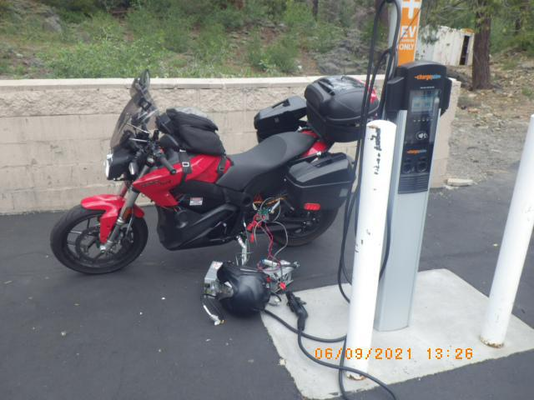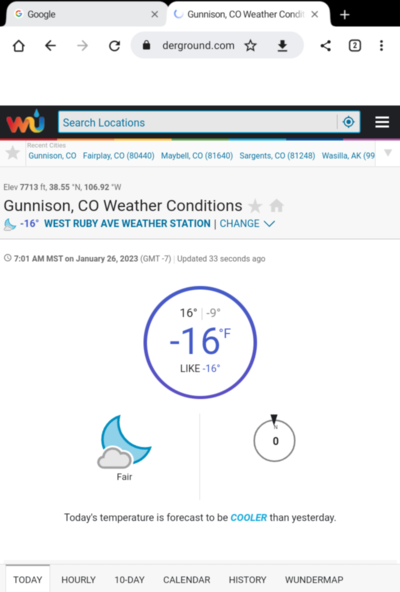Hi folks. The list of KOA locations with dedicated electric tow vehicle charging continues to get longer. Their website shows I think 14 now although I believe it hasn’t been updated as I think there are now 20. Hard to tell from the pics but it looks like they are using a sema connect 8 KW EVSE although we have seen pics of others as well. We have the sema connect app and RFID card but haven’t used it in a KOA.
KOA has reworked there corporate policy and asks that campers not use their camping pedestals for charging EV’s. Although later it kind of suggests you can ask the operator. We do that and have been told to go ahead and charge although one asked that we rent a 50 amp site. We politely declined as the 30 amp sites were nicer. (More trees). Although it didn’t matter. It rained both days. .
.
I think the rates will be standard sema connect rates for the area which seem to fluctuate from region to region. I would count on anywhere from a 1.50 to 3 bucks an hour. They seem to compete with ChargePoint in this regard. I have not been able to confirm this.
Anyway. We stumbled on to some of this as we plan on staying at St Mary east Glacier park for 3 or 4 days this summer and they just got their first two Sema connect EVSE’s installed. Nice and good timing for us.
There is a list on the KOA corporate website. It has doubled in the last 6 months and I know it’s not up to date so if not sure just call and ask the campground you are planning to stay at.
Cheers and happy camping all.
Here’s the pic from the Glacier KOA.

KOA has reworked there corporate policy and asks that campers not use their camping pedestals for charging EV’s. Although later it kind of suggests you can ask the operator. We do that and have been told to go ahead and charge although one asked that we rent a 50 amp site. We politely declined as the 30 amp sites were nicer. (More trees). Although it didn’t matter. It rained both days.
I think the rates will be standard sema connect rates for the area which seem to fluctuate from region to region. I would count on anywhere from a 1.50 to 3 bucks an hour. They seem to compete with ChargePoint in this regard. I have not been able to confirm this.
Anyway. We stumbled on to some of this as we plan on staying at St Mary east Glacier park for 3 or 4 days this summer and they just got their first two Sema connect EVSE’s installed. Nice and good timing for us.
There is a list on the KOA corporate website. It has doubled in the last 6 months and I know it’s not up to date so if not sure just call and ask the campground you are planning to stay at.
Cheers and happy camping all.
Here’s the pic from the Glacier KOA.



